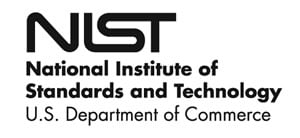RSS feed source: National Science Foundation
The U.S. National Science Foundation (NSF) has announced six major awards through its EPSCoR Research Infrastructure Improvement Program: Focused EPSCoR Collaborations (FEC), investing $29.2 million across 11 jurisdictions to strengthen research capacity and drive translational research across the nation.
These four-year awards aim to catalyze transformative research and infrastructure enhancement in states historically underfunded in federal research. The selected projects span critical areas, including use-inspired research in the study of Earth systems, wildfire management, water resource management, ecosystem and human health risks, functionality of electronic devices, biotechnology and artificial intelligence-driven health care.
“These EPSCoR FEC awards are an example of NSF’s commitment to ensuring that all states and jurisdictions across the United States have the opportunity to be part of our research enterprise and benefit from the jobs and economic prosperity that result from American innovation,” said Brian Stone, performing the duties of the NSF director. “These multi-state collaborative teams are tackling real-world research challenges that matter to the citizens of their regions while also building competitive research environments for the entire nation.”
This year’s FEC awards include:
Optical properties of mineral dust aerosols: Building capacity for use-inspired applications through experimental and theoretical investigations (Nevada System of Higher Education – Desert Research Institute, University of Oklahoma Norman Campus and University of Wyoming) — Mineral dust aerosols are significant in the atmosphere, affecting radiative forcing, ecosystem fertilization,
Click this link to continue reading the article on the source website.


